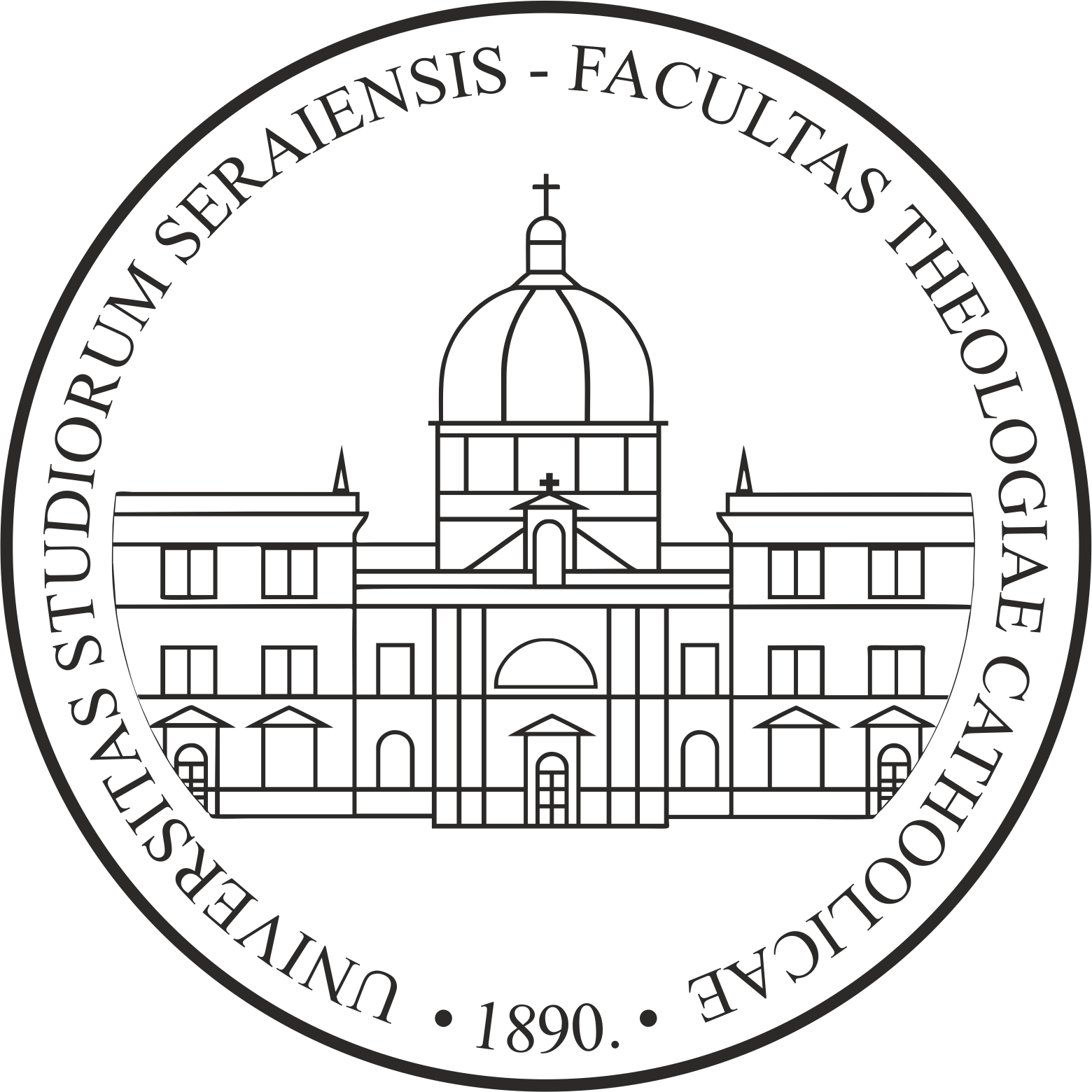Etičke smjernice za objavljivanje znanstvenih radova
Ethical Guidelines for Publishing Scientific Papers in the Journal of Theological and Interreligious Studies - Vrhbosnensia
Introduction
"Vrhbosnensia" is the scientific journal of the Faculty of Catholic Theology at the University of Sarajevo, primarily oriented towards promoting interreligious dialogue and ecumenism. Through this journal, the Faculty aims to contribute to the dissemination of Catholic theological thought, the encouragement of ecumenical efforts, and dialogue in this region. In this manner, it addresses contemporary challenges and meets the needs of the local Church, while simultaneously bringing Catholic principles and views closer to non-Catholics in the region.
Although Vrhbosnensia is the official publication of the Faculty of Catholic Theology, it is open to contributions from experts in various fields of theology and related scientific disciplines.
- General Provisions
These ethical guidelines for publishing scientific papers in the journal "Vrhbosnensia" establish foundational principles and standards that all participants in the publication process must adhere to, including editors, authors, and reviewers. The objective is to ensure a high level of integrity, transparency, and accountability in scientific publishing and to maintain the journal's reputation as a credible source of scientific information.
The guidelines are based on internationally recognized publishing ethics standards, including recommendations from the Committee on Publication Ethics (COPE) and the Regulations on Publishing Activities of the Faculty of Catholic Theology at the University of Sarajevo.
- Editor and Editorial Board
2.1. Impartiality and Fairness in the Editorial Process
The editor is obligated to ensure that all manuscripts are evaluated solely based on their scientific quality, methodological correctness, originality, and relevance to the theological and interreligious fields covered by the journal. Decisions regarding the acceptance or rejection of manuscripts must not be influenced by the editor’s personal biases towards the authors, their institutions, or personal beliefs. The editorial board must ensure equal access to all authors regardless of race, gender, religion, nationality, or political affiliation.
Publication decisions are based on the scientific and theological suitability of articles according to defined methodological criteria. Upon acceptance, the article is sent for two anonymous reviews. The editorial board ensures that reviewers have no conflicts of interest with the article's author.
2.2. Confidentiality of Information
The editor is responsible for maintaining the confidentiality of all information related to manuscripts submitted for consideration. This includes the manuscript content, the identities of authors and reviewers, and any other information that may be revealed during the review process.
2.3. Avoidance of Conflicts of Interest
Editors must take all necessary measures to avoid conflicts of interest that could affect their impartiality in making decisions about manuscripts. If the editor has a personal or professional relationship with the manuscript's author, they must transfer the decision-making responsibility to another member of the editorial board.
2.4. Handling Ethical Misconduct
If the editorial board suspects ethical misconduct such as plagiarism or data manipulation, it must immediately initiate an investigation in collaboration with the authors and relevant institutions. If misconduct is confirmed, the editorial board may withdraw the article from the publishing process or retract it after publication.
- Authors
3.1. Ensuring Originality and Avoiding Plagiarism
Authors are responsible for ensuring the originality of their work and must acknowledge all co-authors who contributed to the paper. Plagiarism is defined as the appropriation of others' ideas without proper attribution and constitutes a serious violation of academic ethics.
When submitting the text to the editor, authors guarantee that the proposed text adheres to ethical and professional principles and provides an accurate depiction of the methods used, results obtained, and relevant scientific literature presented objectively. Authors may not submit the same manuscript to multiple journals simultaneously, nor submit previously published works without appropriate permissions.
3.2. Respect for Copyright and Material Licensing
Authors are responsible for ensuring that their work does not infringe on third-party copyrights and that all materials used are properly licensed or used with the permission of the rights holders.
3.3. Ethical Approval of Research
For research involving specific individuals, authors must ensure that the research is conducted following international ethical standards, and that approval is obtained from relevant persons before the research begins.
- Review Process and Reviewers
4.1. Mandatory Reviews and Impartial Evaluation of Manuscripts
All faculty publications, whether the journal Vrhbosnensia or publications in various faculty series, must include at least two reviews. Reviewers must assess manuscripts impartially and objectively based on their scientific value and methodological correctness, avoiding personal biases towards the authors.
4.2. Confidentiality during the Review Process and Avoidance of Conflicts of Interest
Reviewers must respect the confidentiality of all information available to them during the review process and must not use it without the explicit approval of the journal's editor.
If a reviewer identifies any conflict of interest that could affect their objectivity, they must immediately inform the journal's editorial board and withdraw from the review process.
- Procedures in Case of Violations of Ethical Guidelines
In the event of violations of these guidelines by authors, reviewers, or other participants in the publication process, the editorial board reserves the right to take measures such as retracting the article or notifying relevant academic institutions of the infractions. If a member of this Faculty is involved, the Ethical Committee will be informed.
Conclusion
Ethical guidelines are fundamental to preserving the integrity of scientific work and ensuring high standards in the academic publishing of the journal Vrhbosnensia. All participants in the editorial process - editors, authors, and reviewers - are obliged to adhere to these principles to contribute to the development of the scientific community through fair and responsible publication of works, thereby advancing science and society in general and promoting the Faculty of Catholic Theology at the University of Sarajevo.
Nr. 1-894-2/2024
Sarajevo, 2nd December 2024 Assoc. prof. Mario Bernadić, Dean




